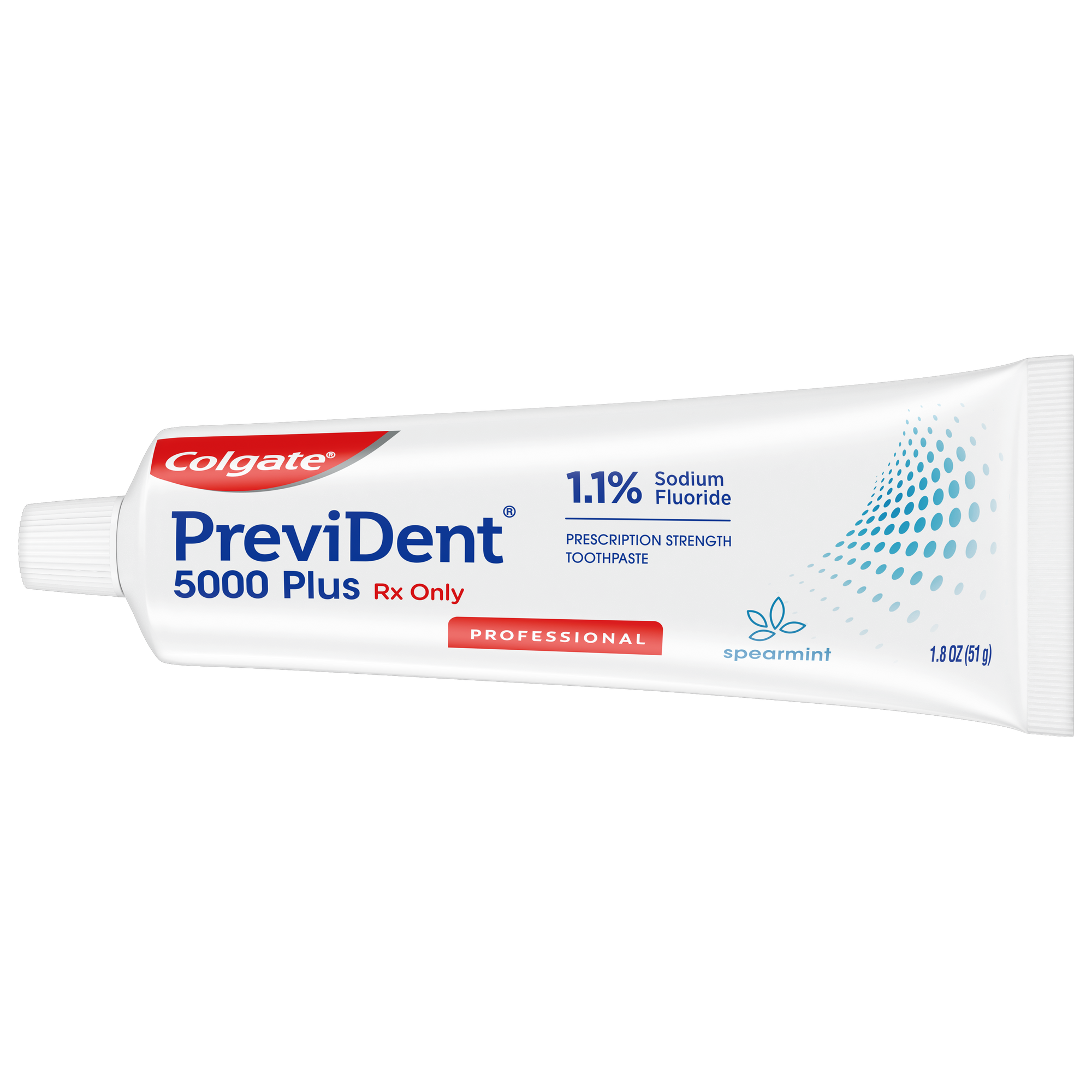Although there is no known cure, treatment can be taken to improve the patient’s quality of life. That treatment may include topical and systemic medications along with lifestyle changes.
Oral Lichen Planus Causes
The exact cause of oral lichen planus is unknown. However, the disease does have an immune-related component. It may also be affected by:
- Reactions to certain medications
- Oral infection
- Mouth injury
- Allergic reaction to certain substances
- Genetic disposition
- Possible link to hepatitis C
- Stress
Oral Lichen Planus Symptoms
Symptoms of oral lichen planus include:
- White lacy patches on cheek and tongue
- Reddish swollen gum tissues
- Painful mouth ulcers or sores
- Dry mouth
Other symptoms include increased sensitivity to acidic or spicy foods and a burning sensation in the mouth, making it difficult to eat or drink.
Diagnosis
Diagnosing oral lichen planus requires a clinician to thoroughly review the patient’s medical history. That includes any medications taken and a detailed clinical oral and physical examination. If the diagnosis is inconclusive, a biopsy of the tissue or a swab culture of the affected area may be needed. Clinical monitoring is essential since there is a slight risk of developing oral cancer (medically known as squamous cell carcinoma).
Oral Lichen Planus Treatment
No cure exists for oral lichen planus, and the condition can resolve on its own. Treatment to reduce symptoms and improve the patient’s quality of life may include:
- Corticosteroids in the form of mouthwashes, gels, ointments, powders, pills or injections
- Immune response medications, such as pimecrolimus cream and tacrolimus ointment, applied directly to the affected area
- Systemic medications taken internally
- Ultraviolet light therapy
- Antihistamines to relieve itching
- Aloe vera
If an allergic reaction is triggering your outbreak, you may be referred to a dermatologist or allergist.
Self-Management
Good oral health care is essential to managing oral lichen planus. Patients should brush gently twice a day with a soft-bristled toothbrush and a mild toothpaste. They should avoid salty, spicy or acidic foods. Caffeine, alcohol and tobacco should also be avoided, and one should eat soft foods that don't irritate the mouth tissues. Patients who have the habit of chewing their lips or gums should try to stop because mouth injuries can trigger an attack.
In addition, reducing stress, getting proper exercise and eating nutritious meals can help reduce the effects of oral lichen planus.
Complications
Although an oral lichen planus infection in the mouth isn't harmful, patients are at an increased risk of other, more serious conditions. Some patients may experience depression, stress, anxiety, pain, weight loss, malnutrition, scarring, or secondary infections. And as we previously mentioned, patients are at a slightly increased risk of developing oral cancer, and therefore should be monitored regularly.
If you believe you may have symptoms of lichen planus in the mouth area, consult your dentist or physician. Medical professionals may be able to check for other underlying health conditions and may prescribe you treatment to relieve your symptoms.
Oral Care Center articles are reviewed by an oral health medical professional. This information is for educational purposes only. This content is not intended to be a substitute for professional medical advice, diagnosis or treatment. Always seek the advice of your dentist, physician or other qualified healthcare provider.
ORAL HEALTH QUIZ
What's behind your smile?
Take our Oral Health assessment to get the most from your oral care routine
ORAL HEALTH QUIZ
What's behind your smile?
Take our Oral Health assessment to get the most from your oral care routine















